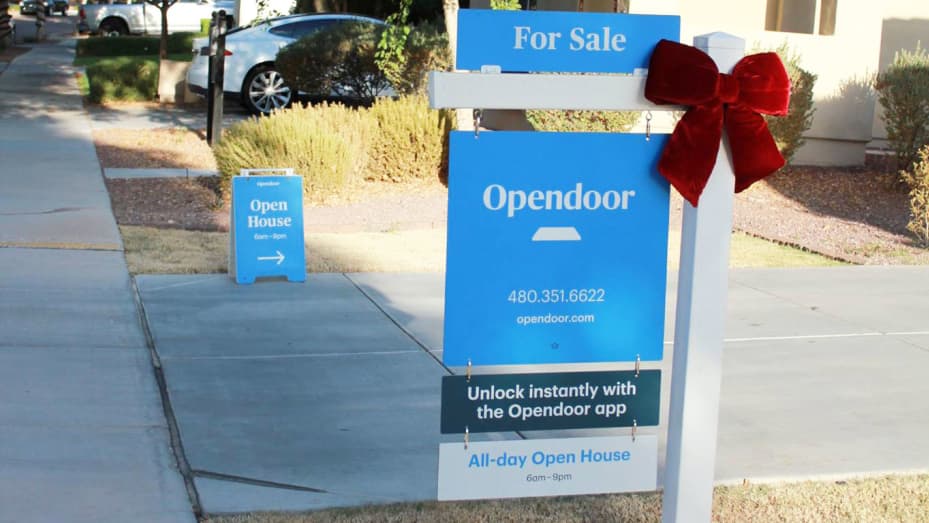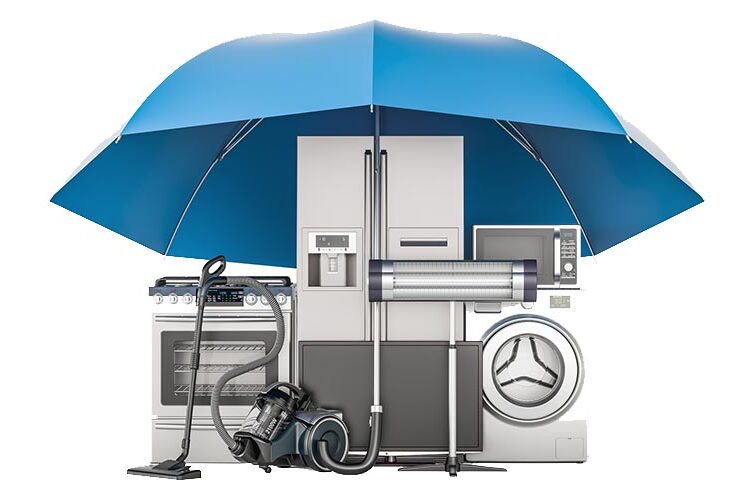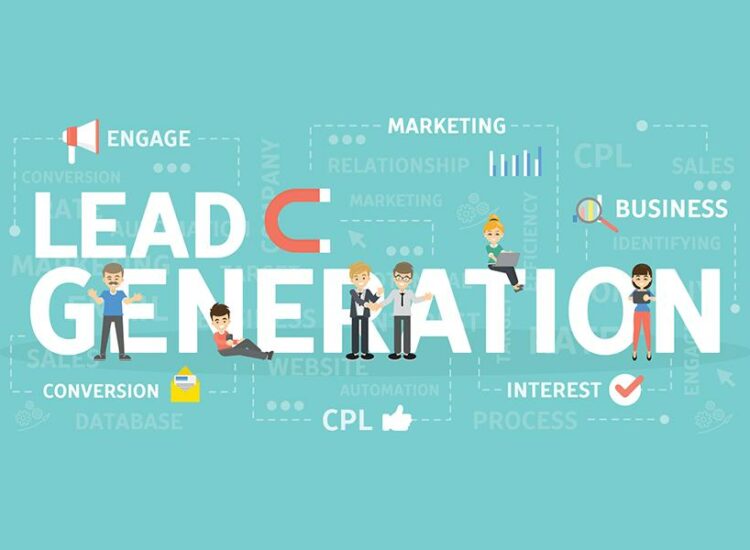In real estate, managing multiple listings, client calls, and marketing efforts can feel like a constant race against the clock. Without the right systems in place, staying organized—and staying ahead—becomes a serious challenge. That’s where a powerful CRM (Customer Relationship Management) system steps in.
Toc
A top-tier real estate CRM doesn’t just help you manage tasks—it transforms the way you work. From automating follow-ups to giving you deeper insights into your client base, the right CRM boosts your productivity, strengthens your relationships, and drives real results. It’s not just a tool—it’s your competitive edge.
In a fast-moving market, having the right CRM isn’t optional—it’s mission-critical. So how do you find the best one? This guide will break down the core benefits of real estate CRMs, key features to look for, and a side-by-side comparison of the top platforms tailored for agents in 2024. Let’s level up your business—starting now.
Why the Best CRM for Real Estate Agents is Essential

The real estate industry is multifaceted and demands that agents utilize effective tools to manage their operations. Here are some compelling reasons why the best CRM for real estate is indispensable:
Increased Lead Management Efficiency
A top CRM for real estate enables agents to efficiently manage and track leads from various sources, ensuring that no opportunity is overlooked. By consolidating lead data, agents can prioritize high-value prospects and allocate resources effectively.
Improved Client Relationship Management
Building and maintaining strong relationships with clients is critical in real estate. A robust CRM allows agents to personalize communication by segmenting clients based on their needs and preferences. For instance, agents can create targeted email campaigns for first-time homebuyers, offering tips and resources relevant to their specific journey. This personalized approach fosters trust and strengthens the client-agent relationship, leading to repeat business and valuable referrals.
Enhanced Task Organization and Productivity
Real estate professionals often juggle numerous tasks daily, including scheduling viewings and managing contracts. The best CRM system for real estate streamlines these processes, allowing agents to set reminders, track task progress, and maintain organization. This efficiency boosts productivity and enhances the overall client experience.
Streamlined Marketing Automation
Many CRMs designed for real estate come equipped with marketing automation features. For instance, a CRM can automatically send out targeted property alerts to leads based on their saved searches and preferences. This ensures that agents stay top-of-mind and provide valuable information to potential clients, increasing engagement and conversion rates. By automating these tasks, agents can save time while ensuring consistent and personalized communication with leads and clients.
Valuable Data Insights and Analytics
The best real estate CRM not only helps agents manage their operations but also provides valuable insights into client behavior and market trends. By tracking interactions, lead sources, and sales data, agents can make informed decisions to optimize their strategies and increase profitability.
Essential Features of a Real Estate CRM

When searching for the best CRM for real estate, it’s crucial to consider specific features that cater to the unique demands of the industry. Here are the essential components to look for:
Contact Management
A powerful contact management system forms the backbone of any successful real estate CRM. The top CRMs empower agents to store, organize, and retrieve detailed information about clients, including contact details, communication history, preferences, and even personal notes that can help personalize interactions. This comprehensive database ensures that agents have all the necessary information at their fingertips to build and maintain strong client relationships.
1. https://infocantho.net/mmoga-the-ultimate-guide-to-selling-your-house-for-cash
3. https://infocantho.net/mmoga-how-to-sell-your-home-without-a-realtor-a-comprehensive-guide
5. https://infocantho.net/mmoga-the-ultimate-guide-for-first-time-house-buyers
Lead Capture and Nurturing
A superior real estate CRM should facilitate efficient lead capture from a wide variety of sources, such as company websites, social media platforms, and online listings. In addition, it should provide robust tools for nurturing these leads through automated follow-ups, personalized communication, and targeted marketing campaigns, ensuring prospects remain engaged and interested. The ability to segment leads based on their status or interest levels further enhances the nurturing process, allowing for more tailored interactions.
Sales Pipeline Management
Visualizing the sales pipeline is crucial for tracking progress, identifying potential bottlenecks, and forecasting future sales outcomes. The best CRM for real estate offers customizable pipeline views that allow agents to effectively manage deals at every stage of the sales process. Features such as drag-and-drop functionality, color-coded stages, and detailed deal records help agents prioritize tasks and focus on high-priority opportunities.
Communication Tools
Effective communication is the cornerstone of success in real estate. The ideal CRM should integrate seamlessly with various communication channels, including email, phone calls, text messaging, and social media platforms. This integration allows agents to manage all client interactions from a single interface, ensuring that no message or inquiry goes unanswered. Advanced features like email templates, call recording, and social media monitoring can further enhance communication efficiency.
Task Management and Automation
Automating routine tasks, such as sending follow-up emails, scheduling appointments, and setting reminders, can save agents valuable time and reduce the risk of human error. The best CRM systems for real estate offer sophisticated task management features that allow agents to track and complete tasks efficiently, ensuring that no critical details are overlooked. Automation tools can also streamline workflows, allowing agents to focus more on building relationships and closing deals.
Reporting and Analytics
Robust reporting and analytics features enable agents to evaluate their sales performance, monitor lead conversion rates, and analyze client interactions. This data is essential for making informed decisions, identifying areas for improvement, and optimizing business strategies. Advanced analytics tools can provide insights into market trends, helping agents tailor their approaches to meet changing demands and stay ahead of the competition.
Integrations
The best CRM for real estate should seamlessly integrate with other tools that agents frequently use, such as email marketing platforms, social media management systems, property listing websites, and financial software. These integrations help streamline workflows and improve overall efficiency, allowing agents to manage multiple aspects of their business from a unified platform.
Mobile Accessibility
In today’s fast-paced world, the best CRM for real estate must be accessible on mobile devices, allowing agents to manage their operations and communicate with clients from anywhere, at any time. Mobile access ensures that agents can respond to inquiries, update records, and track progress on the go, providing them with the flexibility and convenience needed to excel in a competitive industry.
Top CRM Platforms for Real Estate Agents in 2024

As of Q2 2024, several standout options have emerged as the best CRM for real estate agents. Each offers unique features and benefits tailored to the industry. Here’s a detailed comparison of the top CRM platforms:
Follow Up Boss
- Overview: Follow Up Boss is a user-friendly CRM known for its robust integrations and powerful marketing automation tools. It helps agents manage leads effectively and maintain strong client relationships.
- Strengths: Offers a comprehensive communication platform, excellent customer support, and a variety of integrations.
- Weaknesses: Recent acquisition by Zillow has raised some concerns among users.
- Pricing: Starts at $69/month, making it suitable for individual agents and teams.
ClickUp
- Overview: While primarily a project management tool, ClickUp offers a free CRM option that can be customized for real estate use.
- Strengths: Highly customizable interface, versatile features, and a user-friendly experience.
- Weaknesses: Not specifically designed for real estate, which may limit some functionality.
- Pricing: Offers a free plan with paid options starting at $5/month.
LionDesk
- Overview: LionDesk is a comprehensive CRM solution designed specifically for real estate, featuring lead generation tools and automated workflows.
- Strengths: Affordable pricing, user-friendly interface, and solid customer support.
- Weaknesses: May lack some advanced features compared to pricier competitors.
- Pricing: Plans start at $21/month, making it accessible for agents on a budget.
Wise Agent
- Overview: Wise Agent is highly regarded as one of the best real estate CRMs due to its robust feature set and excellent customer service.
- Strengths: Offers features tailored to real estate agents, including transaction management and lead tracking.
- Weaknesses: Limited advanced reporting features compared to some competitors.
- Pricing: Starts at $29/month, providing good value for its features.
Pipedrive
- Overview: Pipedrive is a powerful CRM that can be customized for real estate agents, offering advanced sales forecasting and reporting tools.
- Strengths: Highly customizable, excellent user interface, and strong pipeline management features.
- Weaknesses: Not specifically designed for real estate, which may require additional setup.
- Pricing: Plans start at $15/month, making it a cost-effective option for agents.
Moxiworks
- Overview: Moxiworks provides a comprehensive CRM solution that integrates various communication channels, allowing agents to manage their tasks effectively.
- Strengths: Strong team management features and a user-friendly dashboard.
- Weaknesses: Higher pricing may deter some individual agents.
- Pricing: Pricing varies based on team size, typically starting at $99/month.
KVCore
- Overview: KVCore is an all-in-one real estate CRM offering extensive features, including IDX, marketing tools, and lead generation capabilities.
- Strengths: Comprehensive functionality and advanced automation features.
- Weaknesses: Higher price point may not be suitable for all agents.
- Pricing: Generally starts around $499/month, aimed at larger teams or brokerages.
Realvolve
- Overview: Realvolve is an intuitive and affordable CRM that specializes in automating workflows for real estate agents.
- Strengths: Customizable marketing systems and prebuilt workflows.
- Weaknesses: Lacks some advanced features found in pricier options.
- Pricing: Starts at $39/month, making it a budget-friendly choice.
Choosing the Right CRM for Your Real Estate Business

Selecting the best CRM for your real estate business requires careful consideration of your unique needs and budget. Here are some steps to guide your decision-making process:
Evaluating Your Requirements
Begin by thoroughly assessing your specific needs, including lead management, marketing automation, task organization, and reporting capabilities. Consider how each aspect aligns with your business goals and day-to-day operations. Understanding your priorities will help narrow down your options and guide you toward a CRM that will serve your needs efficiently.
Comparing Features and Pricing
Once you have a clear understanding of your requirements, conduct a detailed comparison of the features and pricing across various CRM platforms. Look for the best real estate CRM that not only aligns with your operational needs but also fits your financial constraints. Pay attention to any hidden costs or fees and evaluate whether the features offered justify the price.
Taking Advantage of Free Trials and Demos
Most CRM providers offer free trials or demos, which are invaluable for gaining hands-on experience with different platforms. Take full advantage of these opportunities to explore the functionalities, ease of use, and overall fit with your workflow. Assess how intuitive the user interface is and whether it enhances or hinders your user experience preferences.
Seeking Recommendations from Other Real Estate Professionals
Consulting with fellow real estate agents, brokers, or industry experts can provide valuable insights into the effectiveness of different CRM systems. Tap into their experiences, gather recommendations, and ask about the pros and cons they’ve encountered. Their firsthand accounts can offer a realistic perspective and help inform your decision-making process.
1. https://infocantho.net/mmoga-how-to-sell-your-home-without-a-realtor-a-comprehensive-guide
4. https://infocantho.net/mmoga-the-ultimate-guide-for-first-time-house-buyers
5. https://infocantho.net/mmoga-the-ultimate-guide-to-selling-your-house-for-cash
Considering Long-Term Value
Beyond examining initial features and pricing, it’s crucial to evaluate the CRM’s long-term value. Consider factors such as its scalability, flexibility, and ability to adapt to your evolving business needs. Investigate the provider’s track record of updates and innovations, ensuring that the CRM will continue to support your growth and technological advancements in the industry.
Frequently Asked Questions (FAQ)

Q: What are the most important features to look for in a real estate CRM?
A: Key features include contact management, lead capture and nurturing, sales pipeline management, communication tools, task management and automation, reporting and analytics, and integrations.
Q: How much does a real estate CRM typically cost?
A: The cost can vary widely, ranging from around $20 per month for individual agents to several hundred dollars for enterprise-level systems, depending on the features and number of users.
Q: Can I use a CRM for both my personal and business contacts?
A: Yes, most CRMs allow you to segment contacts into different categories, enabling effective management of both personal and business relationships.
Q: How long does it take to learn how to use a CRM?
A: The learning curve varies by platform. Some CRMs are intuitive and user-friendly, while others may require more time to master.
Conclusion
Choosing the best CRM for real estate agents in 2024 can significantly impact your business operations. By streamlining workflows, enhancing client relationships, and providing valuable data insights, the right CRM will help you boost sales and achieve your professional goals.
As you navigate the various CRM options available, focus on your specific needs, budget, and user experience preferences. Take the time to test different platforms, seek recommendations from industry peers, and select the CRM that will elevate your real estate business to new heights. Unlock the transformative power of a dedicated CRM system for real estate – start your free trial today and witness the difference it can make for your business!












